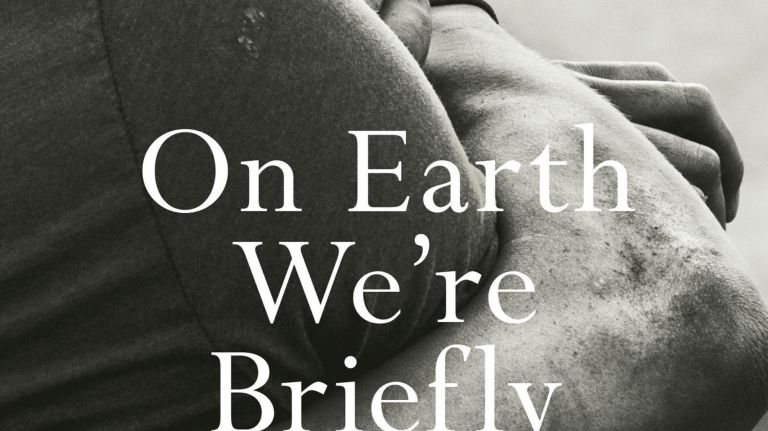
BY NATHAN DICAMILLO | As the residents of Puerto Rico continue to feel the effects of the debilitating wreckage that Hurricane Maria left in its wake, many of the island’s elderly residents have taken the brunt of the impact — like 96-year-old Hermenegildo Cotte Melendez, father of Leovigildo “Leo” Cotte Torres (the former mayor of Lajas). On Oct. 2, the Los Angeles Times reported Melendez died because the shelter he sought did not have electricity to power his air tank.
When disaster hits, the same issues that affect young residents affect seniors — but to a much greater extent, noted Abigail Adams, the regional communications officer for the American Red Cross in New York. Sudden, often chaotic displacement not only separates elderly residents from their homes, sources of food and vital medications, but also disconnects them from a routine that may be vital to their mental health.
“What the Red Cross does, is, we have trained mental health workers. That’s what sets us apart from any other organization,” Adams noted. These workers, along with spiritual care counselors, help elderly residents who may be more confused and disturbed by natural disasters than younger residents.
“We work with people,” Adams said. “If they had to leave their medication behind we help them replace that medication. The people that run our shelters are extraordinary human beings.”
The Red Cross does not have an option to donate specifically to the needs of elderly people. “It’s just by donating to us we make sure we can provide the resources that are needed to people no matter the age,” Adams said.
The AARP Foundation, however, is providing relief especially for disaster victims over the age of 50 in Florida, Puerto Rico, the US Virgin Islands and the Caribbean.
“To meet needs, AARP, AARP Foundation, and the Miami Dolphins organization will match — dollar for dollar — contributions up to a total of $750,000,” Tara Dunion, director of media relations for AARP and AARP Foundation, wrote in an email.
While there were at least 10,000 people in shelters as of Oct. 2, there is no way to determine how many elderly people are currently being taken care of, Adams said.
ELDERS CAN PREPARE FOR THE UNEXPECTED | A preparedness plan for natural disaster is essential for everyone — especially the elderly. “Having a plan helps everybody and it especially helps first responders,” Adams said. “We have preparedness guidelines that we recommend people going through and that’s basically building a network.”
The Red Cross recommendations for what seniors should discuss with their personal support network are as follows:
—Make arrangements, prior to an emergency, for your support network to immediately check on you after a disaster and, if needed, offer assistance.
—Exchange important keys with a designated contact.
—Show them where you keep emergency supplies.
—Share copies of your relevant emergency documents, evacuation plans and emergency health information card.
—Agree on and practice methods for contacting each other in an emergency. Do not count on the telephones working.
—You and your personal support network should always notify each other when you are going out of town and when you will return.
—The relationship should be mutual. You have a lot to contribute! Learn about each other’s needs and how to help each other in an emergency.
HOW YOU CAN DONATE OR VOLUNTEER
THE AARP FOUNDATION is serving disaster victims, especially those over the age of 50. Visit aarp.org for more info about their work, and how to donate.
THE AMERICAN RED CROSS: Visit redcross.org or call 1- 800-RED-CROSS.
THE SALVATION ARMY: Visit helpsalvationarmy.org or call 1-800-725-2769.
CATHOLIC CHARITIES USA: Visit catholiccharitiesusa.org to donate.




































